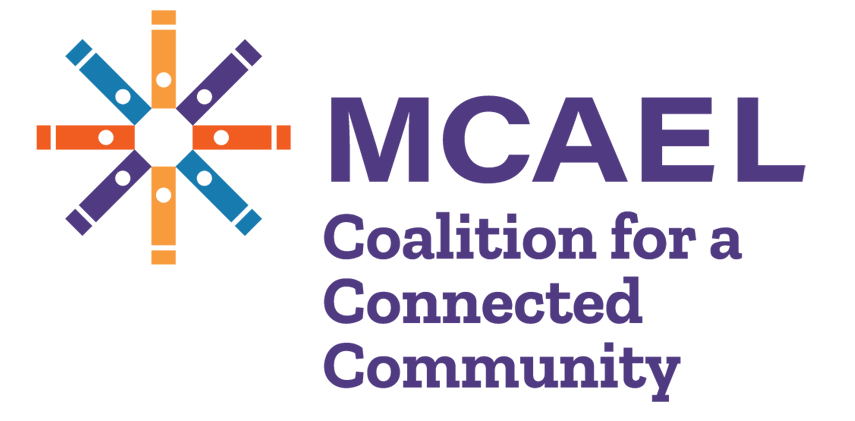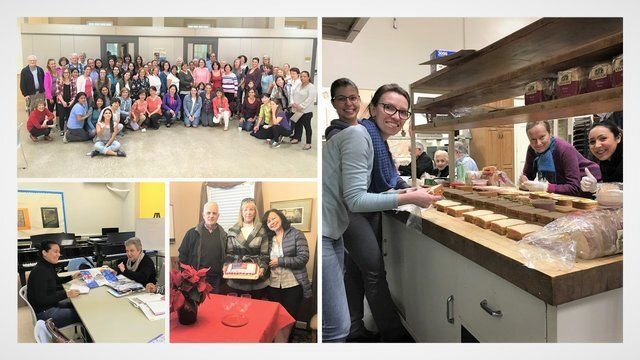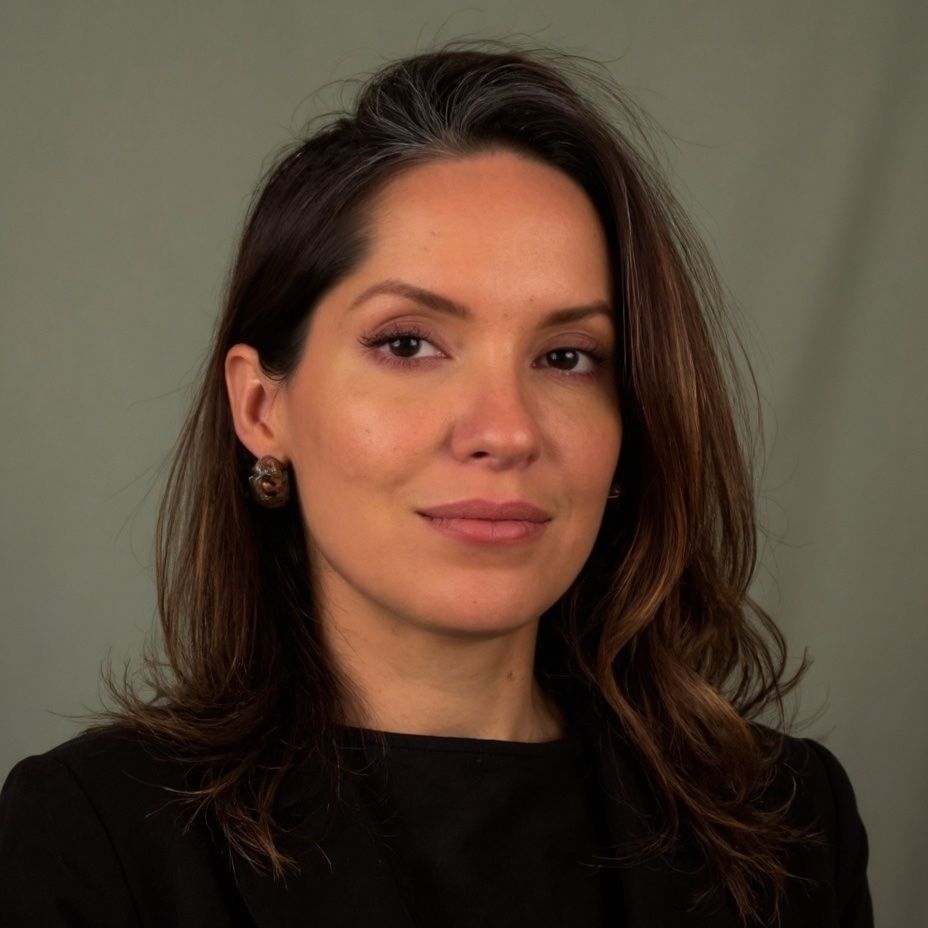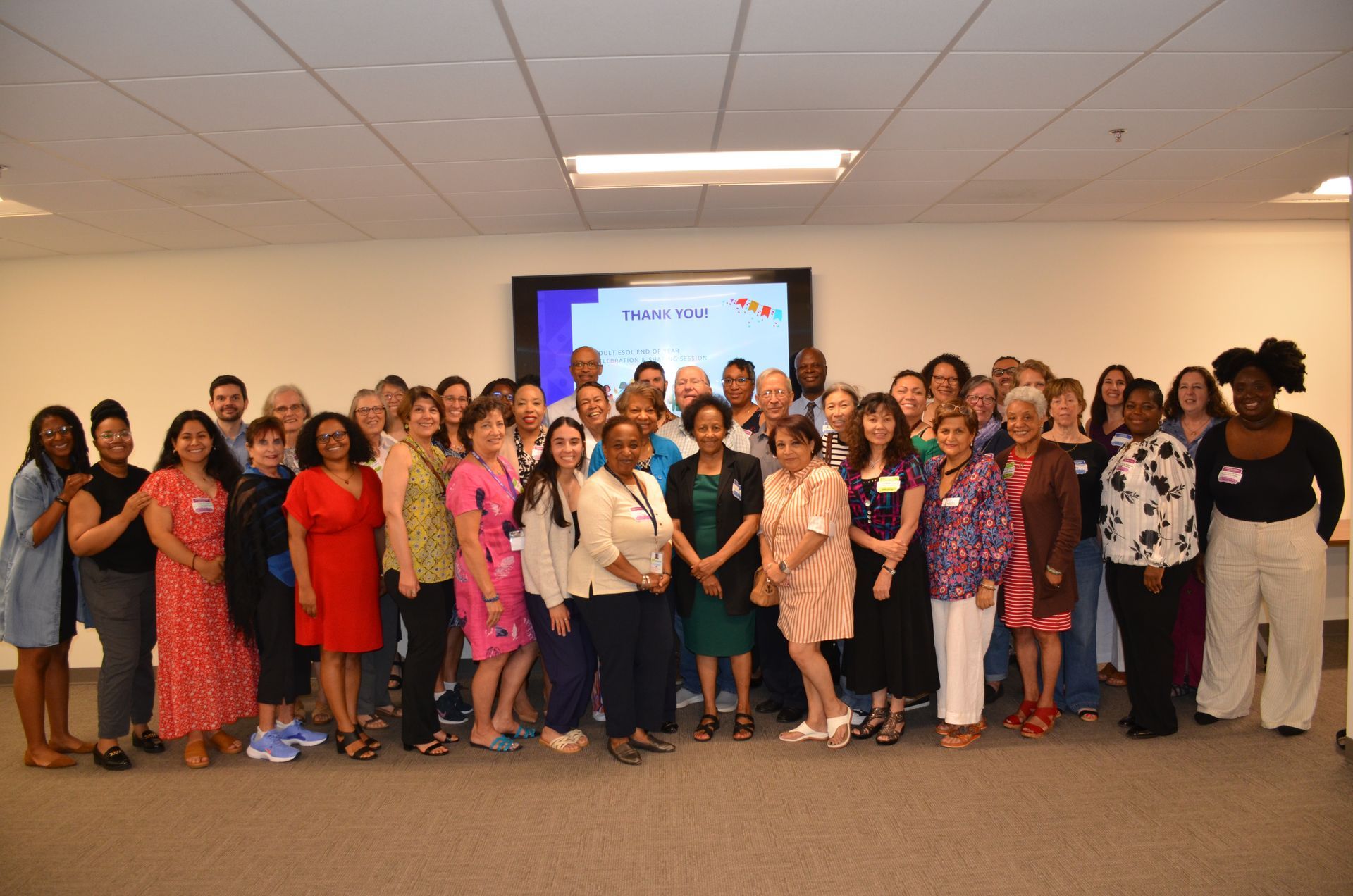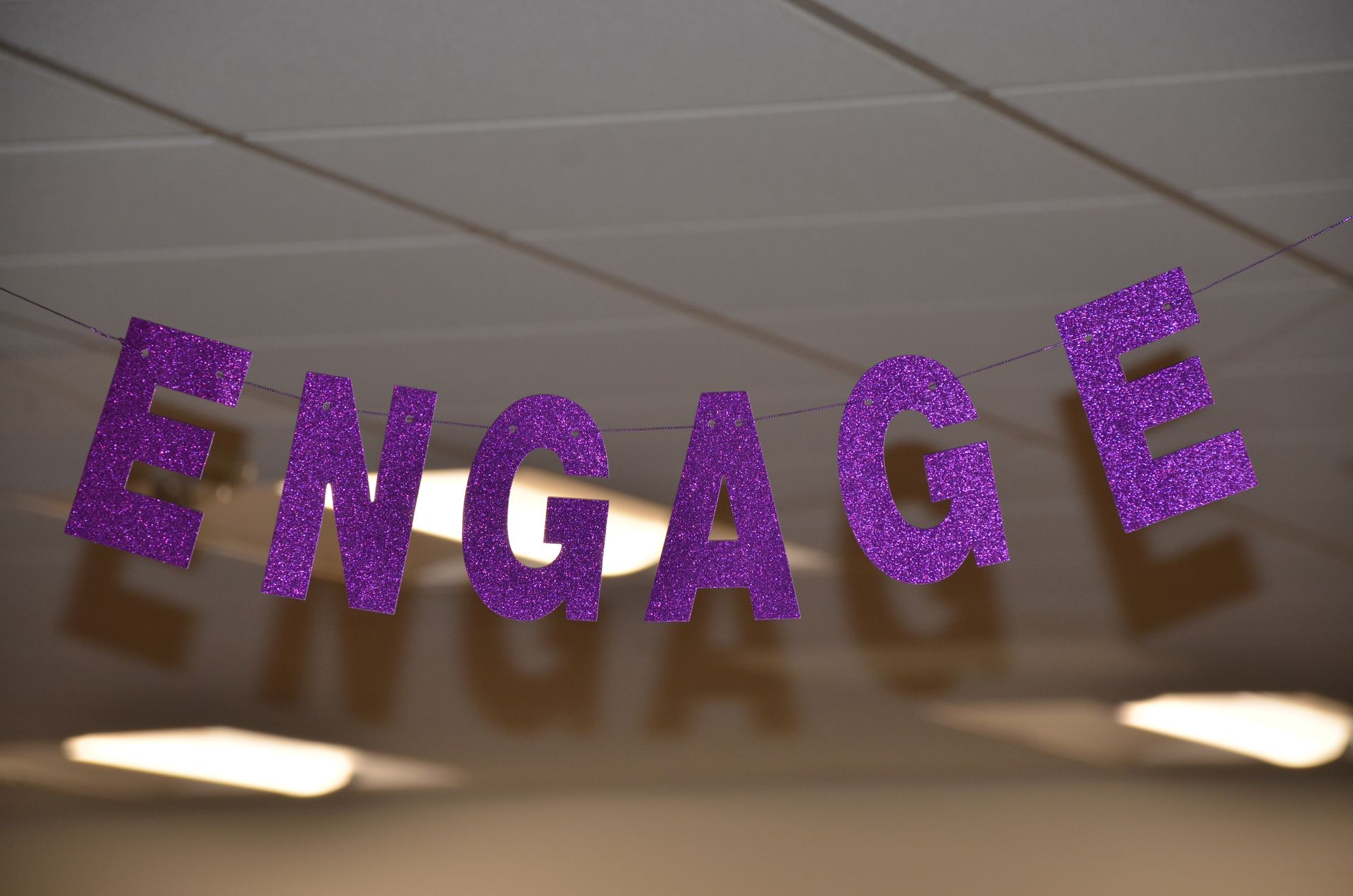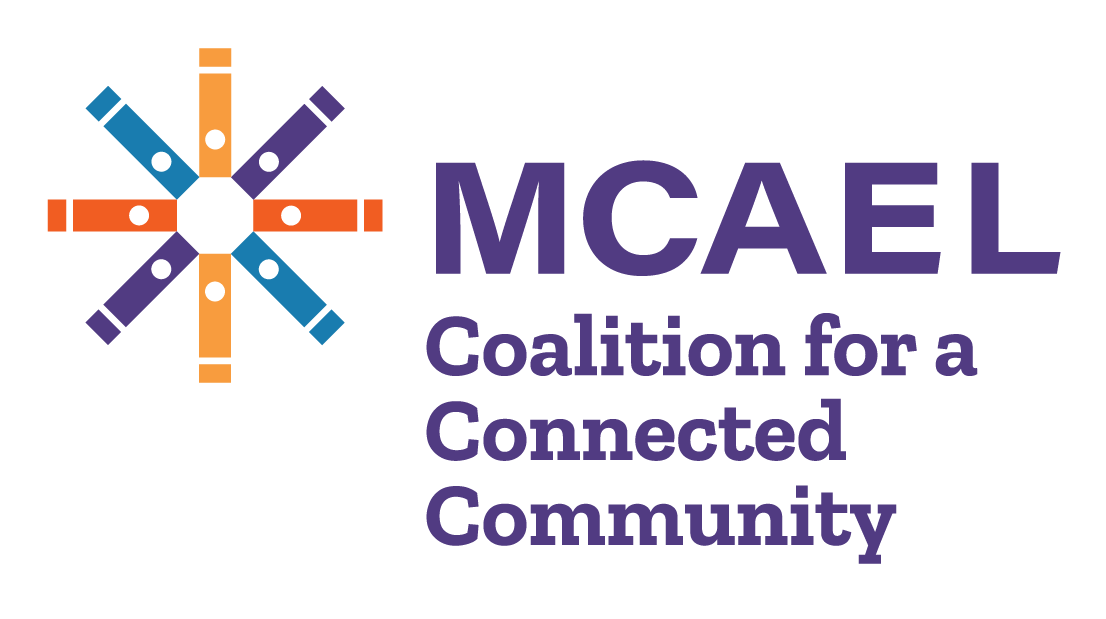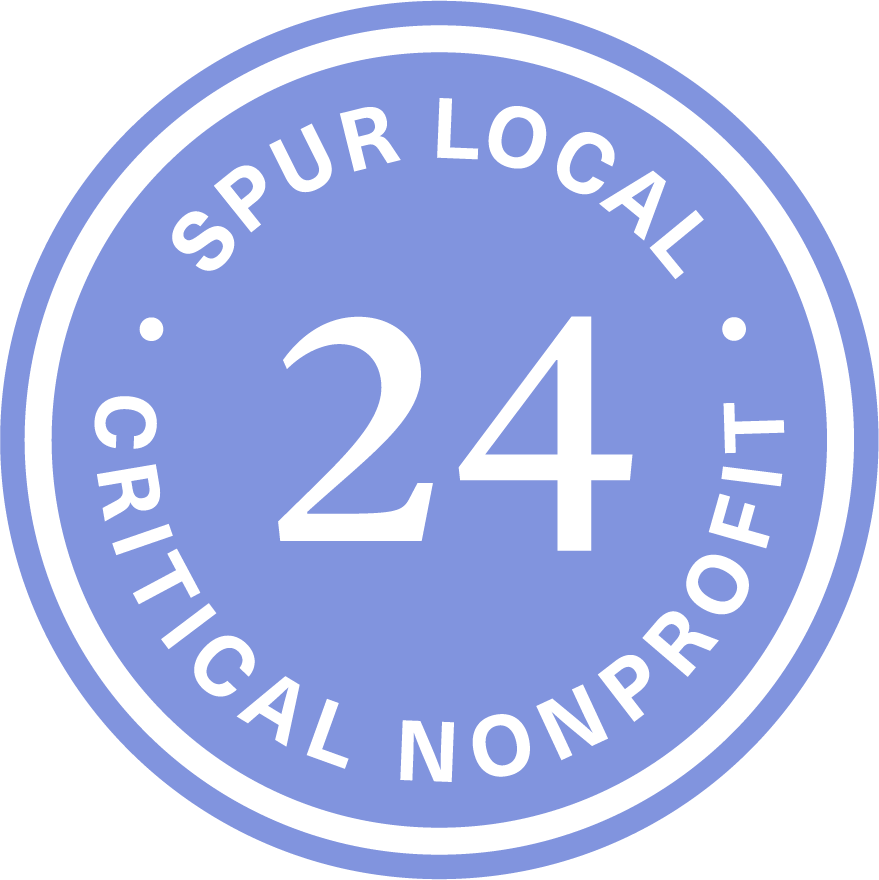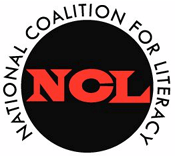By Kayla O'Neil
•
July 11, 2025
MCAEL is excited to welcome Alina Ramirez Joyner to the Board of Directors. Alina brings extensive experience as a consultant, advising senior leaders in government, private industry, and nonprofits on corporate social responsibility, community investment, and multicultural engagement strategies in both Mexico and the United States. She serves as Chair of Community and Inclusion in an educational setting, as a financial stewardship advisor, and as a civic community engagement coordinator in Bethesda, MD, where she leads initiatives to foster connection, transparency, and financial sustainability within local communities. Her professional path has included work with domestic and international organizations such as the Embassy of Mexico, the Washington, DC Mayor’s Office on Latino Affairs, CBS Radio, the Mexican Secretariat of Communications and Transportation, Mexico’s Electoral Institute, and various civic and local organizations. She's also collaborated with clients like National Geographic and leading healthcare systems including MedStar Health, Inova, and Adventist HealthCare. “As an immigrant myself, I understand both the challenges and the possibilities of navigating new systems—a perspective that fuels my dedication to advancing language access, inclusion, and fairness as essential tools for community growth and individual success,” said Alina, who is originally from Mexico City. “I integrate global strategy, risk management, and sustainable operations to design systemic solutions that empower individuals and strengthen communities, minimizing resource inefficiencies and accelerating social progress. “Joining MCAEL’s Board is an exciting opportunity for me to help harness the transformative power of language to build connections, create a sense of belonging, and open doors for individuals and communities alike. I’m inspired by MCAEL’s mission and look forward to applying my experience in community engagement, fundraising, and cross-sector collaboration to help strengthen and sustain the organization’s impact.” Outside of work, Alina loves exploring art, history, and the outdoors, especially hiking with her family and their dog.
